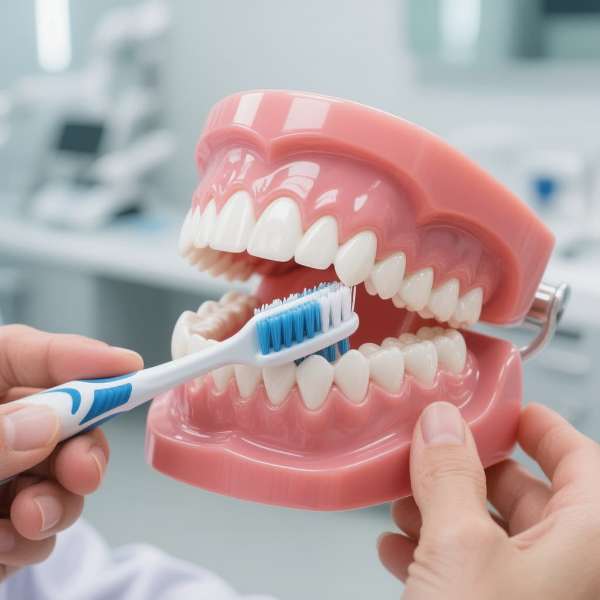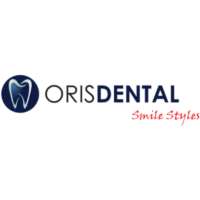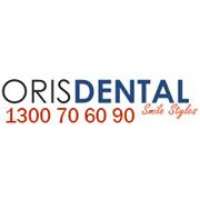Maintaining healthy teeth and gums is crucial at every stage of life. As an adult, you may face unique oral health challenges due to aging, lifestyle changes, and dental habits. Whether you’re in your 20s, 40s, or 60s, taking care of your oral health is essential for maintaining your smile and overall well-being. In this article, we’ll explore some valuable oral health tips that will help you maintain your smile at every age.
1. Brush and Floss Regularly
The foundation of good oral health begins with a consistent brushing and flossing routine. Brushing twice a day with fluoride toothpaste and flossing once a day removes plaque and prevents tooth decay and gum disease.
What to Do: Brush your teeth for at least two minutes in the morning and before bed. Use a soft-bristled toothbrush to avoid damaging your gums and enamel. Don’t forget to floss between your teeth to remove plaque and food particles.
Why It Matters: Regular brushing and flossing help prevent cavities, gum disease, and bad breath. It also reduces the risk of tooth loss and more serious oral health issues.
If you wear braces or have dental implants, make sure to follow your dentist’s recommendations for cleaning these areas properly.
2. Visit Your Dentist Regularly
Regular dental checkups are essential for maintaining good oral health. Even if you don’t have any noticeable problems, professional cleanings and exams are important to identify any issues early on and keep your teeth and gums healthy.
What to Do: Schedule a dental checkup and cleaning every six months or as recommended by your dentist.
Why It Matters: Regular dental visits help catch early signs of cavities, gum disease, and even oral cancer. Your dentist can also professionally clean your teeth, removing plaque and tartar that your toothbrush can’t reach.
Routine exams ensure that your smile stays healthy and help prevent expensive dental procedures down the road.
3. Use Mouthwash for Extra Protection
Mouthwash can be a helpful addition to your oral hygiene routine. It helps kill bacteria, freshen breath, and can provide extra protection against cavities and gum disease.
What to Do: Use an antimicrobial or fluoride mouthwash as part of your daily oral care routine.
Why It Matters: Mouthwash helps reduce harmful bacteria in your mouth, providing additional protection against plaque buildup and gum disease. Some mouthwashes can also help remineralize tooth enamel, making your teeth stronger.
While mouthwash isn’t a substitute for brushing or flossing, it’s an excellent complement to your daily routine.
4. Watch What You Eat and Drink
What you eat has a significant impact on your oral health. A balanced diet can help protect your teeth, while certain foods and drinks can contribute to decay and other dental issues.
What to Do: Limit sugary foods and beverages, which can increase the risk of cavities. Eat a balanced diet rich in fruits, vegetables, whole grains, and dairy products. Drink plenty of water throughout the day to keep your mouth hydrated and help wash away food particles.
Why It Matters: Sugary foods and acidic drinks like soda can erode enamel and lead to cavities. Eating a diet rich in calcium, vitamins, and minerals supports healthy teeth and gums.
Be mindful of snacks and beverages that can negatively impact your teeth. Good nutrition is key to maintaining a strong, healthy smile.
5. Protect Your Teeth from Injury
If you participate in sports or other activities where your teeth are at risk of injury, it’s important to protect them with a mouthguard.
What to Do: Wear a custom-fitted mouthguard when playing sports or engaging in activities that could result in dental injury, such as contact sports or recreational activities.
Why It Matters: Mouthguards protect your teeth from chips, fractures, and other injuries caused by accidental impacts. They also help prevent damage to braces and other dental appliances.
Protecting your teeth now can save you from expensive dental procedures later.
6. Quit Smoking or Using Tobacco Products
Tobacco use is harmful to both your teeth and gums. Smoking and chewing tobacco can cause gum disease, tooth discoloration, bad breath, and even oral cancer.
What to Do: If you smoke or use tobacco, seek help to quit. Your dentist can offer advice and resources to help you kick the habit.
Why It Matters: Quitting tobacco not only improves your overall health but also greatly benefits your oral health. You’ll reduce your risk of gum disease, oral cancer, and other dental issues.
Staying tobacco-free ensures a healthier mouth and a brighter smile.
7. Stay Hydrated
Drinking plenty of water is essential for good oral health. It helps wash away food particles and bacteria that can cause tooth decay and gum disease.
What to Do: Drink water throughout the day to keep your mouth moist and help reduce the buildup of harmful bacteria.
Why It Matters: Proper hydration ensures your body produces enough saliva, which plays a key role in neutralizing acids and protecting your teeth from decay.
Drinking water also helps freshen your breath and promotes overall health, including oral health.
8. Be Mindful of Teeth Grinding (Bruxism)
Teeth grinding, also known as bruxism, can cause tooth wear, jaw pain, and headaches. It often happens unconsciously, especially at night.
What to Do: If you notice signs of teeth grinding, such as waking up with sore jaws or worn-down teeth, talk to your dentist about getting a custom night guard to protect your teeth while you sleep.
Why It Matters: A night guard can protect your teeth from damage caused by grinding and prevent further wear. It can also alleviate the strain on your jaw and reduce headaches.
Addressing bruxism early can help preserve your teeth and prevent further damage.
Conclusion
Maintaining good oral health is essential for a healthy, confident smile at any age. By following these oral health tips, such as brushing and flossing regularly, eating a balanced diet, and visiting your dentist for regular checkups, you can ensure your teeth and gums stay in top shape for years to come.
If you're in need of expert dental care, get in touch with Oris Dental Clinic today. Our experienced team is here to help you maintain your smile and provide the highest quality dental services to meet your needs.



































